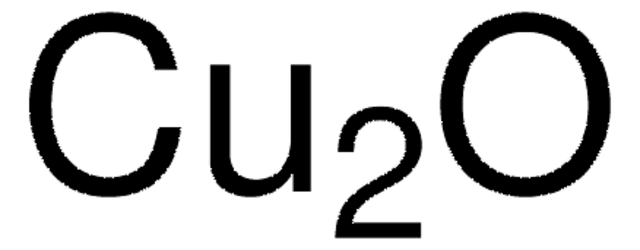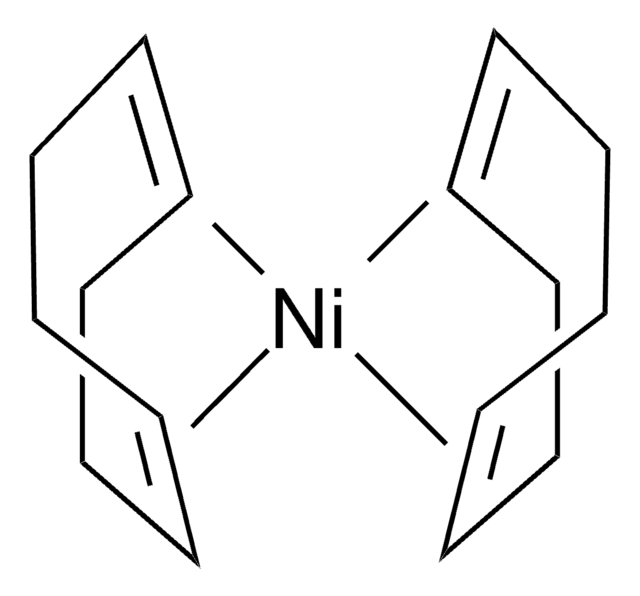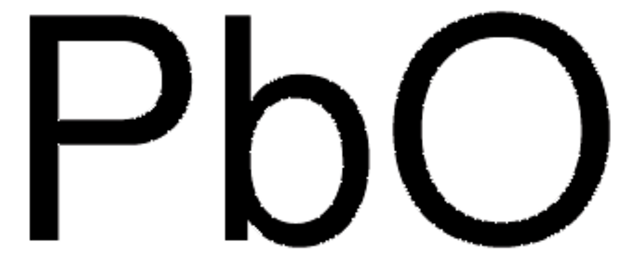450804
Copper(II) oxide
powder, 99.995% trace metals basis
Synonym(s):
Cupric oxide
About This Item
Recommended Products
Quality Level
Assay
99.995% trace metals basis
form
powder
application(s)
battery manufacturing
SMILES string
[Cu]=O
InChI
1S/Cu.O
InChI key
QPLDLSVMHZLSFG-UHFFFAOYSA-N
Looking for similar products? Visit Product Comparison Guide
Related Categories
Signal Word
Warning
Hazard Statements
Precautionary Statements
Hazard Classifications
Aquatic Acute 1 - Aquatic Chronic 1
Storage Class Code
13 - Non Combustible Solids
WGK
WGK 3
Flash Point(F)
Not applicable
Flash Point(C)
Not applicable
Personal Protective Equipment
Choose from one of the most recent versions:
Certificates of Analysis (COA)
Don't see the Right Version?
If you require a particular version, you can look up a specific certificate by the Lot or Batch number.
Already Own This Product?
Find documentation for the products that you have recently purchased in the Document Library.
Customers Also Viewed
Articles
An article concerning self-propagating reactions induced by mechanical alloying, presented by Sigma-Aldrich.com.
Our team of scientists has experience in all areas of research including Life Science, Material Science, Chemical Synthesis, Chromatography, Analytical and many others.
Contact Technical Service







